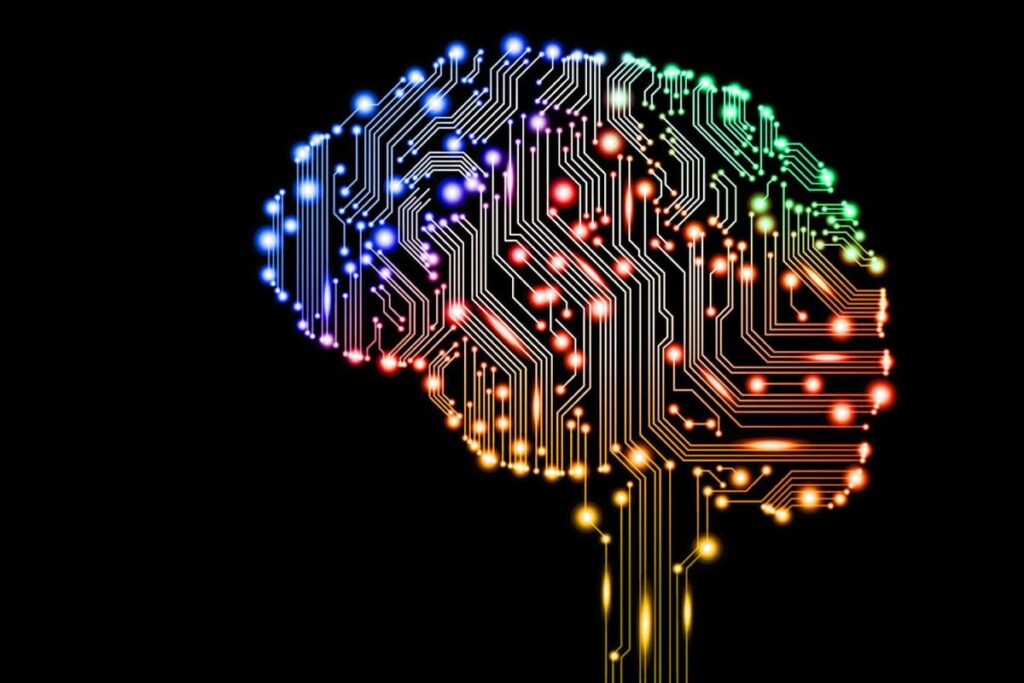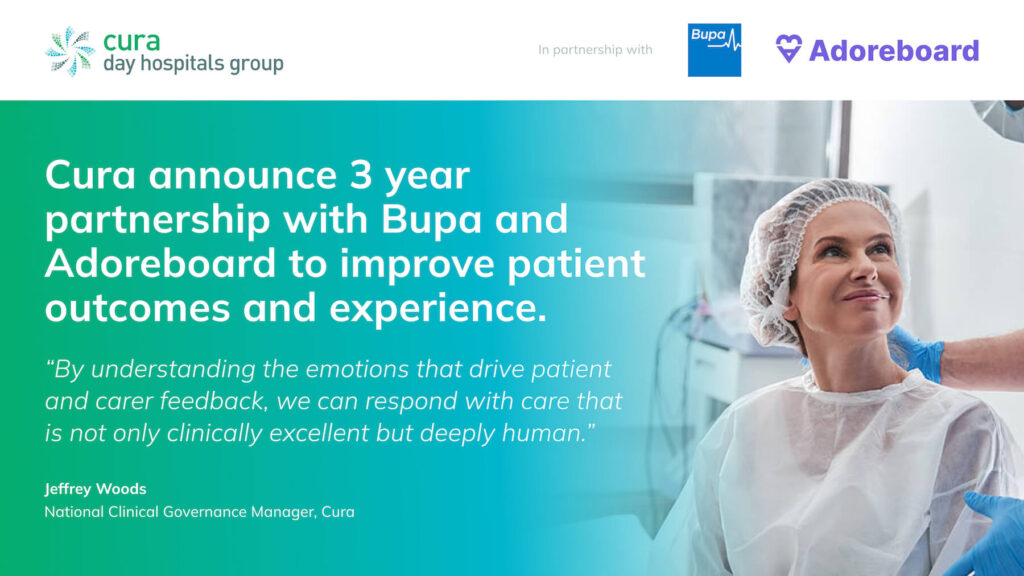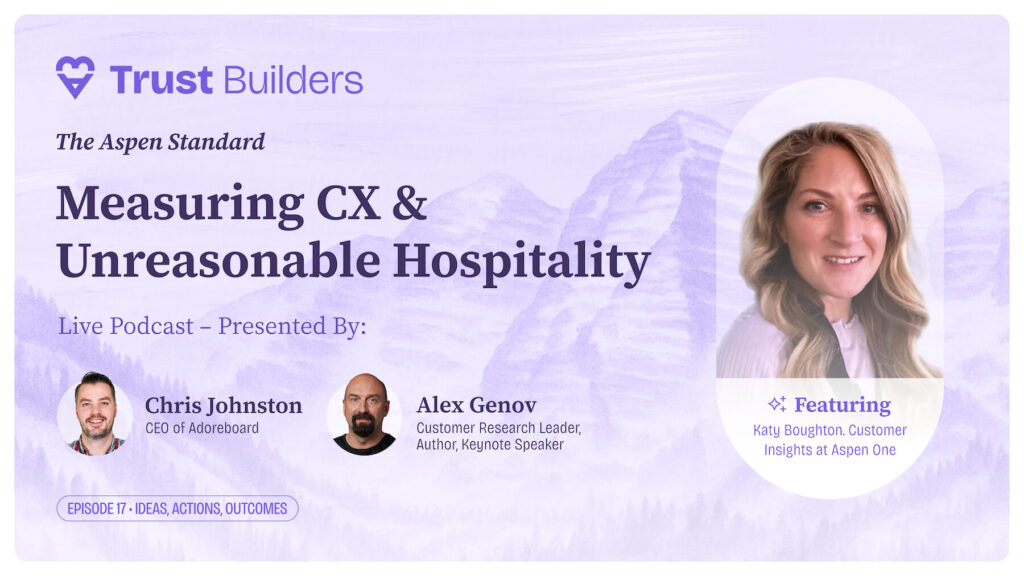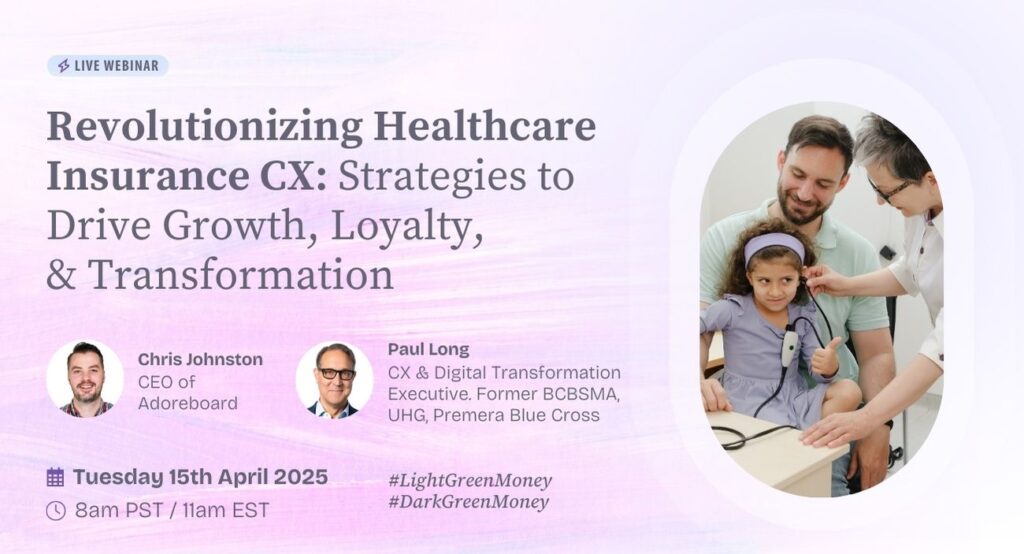The adoption of technology in healthcare is on the rise, from apps designed to track health to artificial intelligence systems used to improve diagnosis rates and treatment options. Is technology the future of health? We take a look at two recent developments in the field from two major tech companies: Apple and Google.
Apple

Apple have teamed up with Donate Life America and announced that US iPhone users can now sign up for organ, eye and tissue donation via the phone’s built in “Health” app with the release of the new iOS 10. The app is designed to make registration easier and more accessible. All registrations submitted from the iPhone will be sent directly to the National Donate Life Registry. Apple claims that it will allow iPhone users to carry the decision with them wherever they go.
David Fleming of Donate Life America stated that “On average, one person dies every hour in the United States waiting for a transplant” and by working with Apple they will make donation registration quicker and easier and “ultimately save help lives” [1]. Mentions of organ donation produce a highly positive Adorescore of 69, displaying high levels of passion (9%) and trust (24%). The top three high activation emotions associated with the concept are ecstacy, admiration and vigilance.
Jeff Williams, Apple’s Chief Operating Officer said, “Apple’s mission has always been to create products that transform people’s lives. With the updated Health app, we’re providing education and awareness about organ donation and making it easier than ever to register. It’s a simple process that takes just a few seconds and could help save up to eight lives”. The Health app on iPhone provides users with a complete view of their health and fitness data. Users can track steps taken, floors climbed, body weight and more.
Apple is one of the strongest players in a very volatile smartphone market, with 42.6% of smartphone users in the United States opting for iPhone. With this great increase in people having access to quick and easy donation registration on their phones, the numbers of potential donors is likely to skyrocket.
Apple have high Adorescore of 53, demonstrating a high level of trust from the consumer, with a high amount of ecstasy and admiration being expressed toward the brand. Supporting such a positive cause should have great benefit to Apple’s already positive brand image.
As smartphone and tablet technology is rapidly improving, powerful processors and advanced sensor hardware are coming as standard. This boost in ability is leading to the increased popularity, power and interest in the ‘Internet of Things’, including wearables, resulting in higher demand for health-related apps. It is refreshing to see Apple taking this demand, partnering with a well-respected non-profit, and using their technologies to make a positive difference in the world.
Google DeepMind

Google DeepMind have created an artificial intelligence (AI) system that can be used to “revolutionize the way professionals carry out eye tests and could lead to earlier detection and treatment of common eye diseases such as age-related macular degeneration”, said Professor Sir Peng Tee Khaw, the director of the National Institute for Health Research Biomedical Center in Ophthalmology at Moorfields Eye Hospital in London. Google DeepMind has recently begun its second collaboration with the NHS in Moorfields Eye Hospital in London. The first collaboration was with the Royal Free hospital in North London, which focused on using an app called Streams which monitored the kidney function of patients.
Today’s eye scans are incredibly clear and detailed, showing the eye at a cellular level, meaning that analysis of these scans can be very time consuming for doctors. This research project will investigate how AI can be used to help to analyse these complex scans, as the technology is able to handle a vast amount of data, including patient history, at a much faster pace than humans. Google claims the DeepMind system could help to prevent 98% of sight loss caused by diabetes through early diagnosis and treatment.
The aim of this technology is that it will be able to recognise diabetic retinopathy and age-related macular degeneration. These two ailments are usually diagnosed by analyzing medical charts and patient interviews. Doctors still get these diagnoses wrong 10 to 20% of the time. Therefore, AI could help improve diagnoses and save time too.
Google DeepMind has an Adorescore of 56 since announcing the new technology with people displaying a high level of passion and trust towards the brand. Three key positive emotions which are expressed in mentions of the brand are ecstacy, admiration and amazement.
Both Google and Apple evoke high levels of trust from users. The main issue hindering the adoption of technology, including AI, in healthcare is user acceptance, but with healthcare technologies being promoted by two highly trusted companies, such innovations may be more readily accepted. The growth of tech in healthcare will drive investments in research and development, leading to rapid improvements. Technology and artificial intelligence will drive the future of health, with the possibility of providing improved insights into illnesses; eventually resulting in faster and more accurate diagnosis rates and improved treatments and hopefully better outcomes for all.
References
[1] www.apple.com/newsroom/2016/07/apple-and-donate-life-america-bring-organ-donation-to-iphone.html




